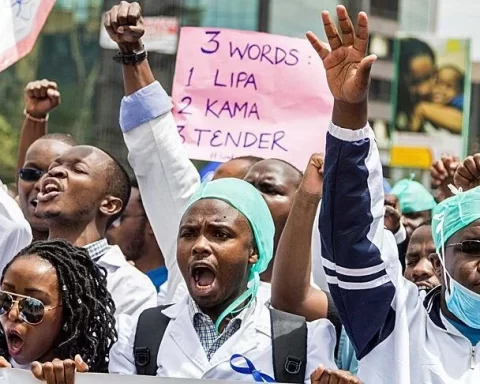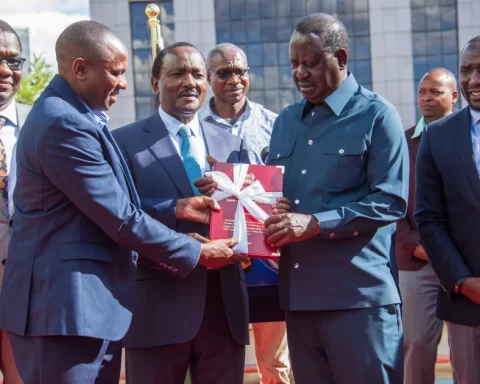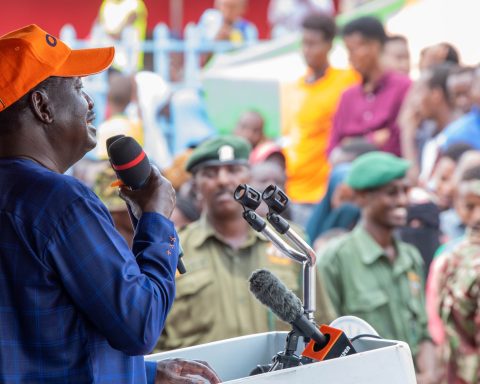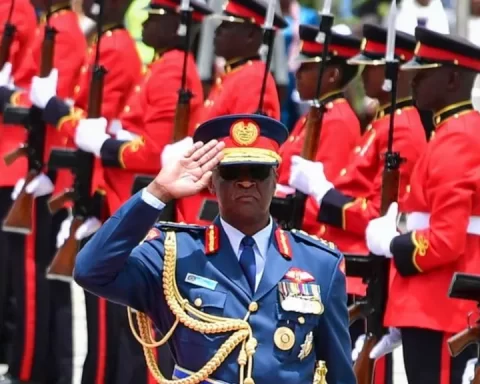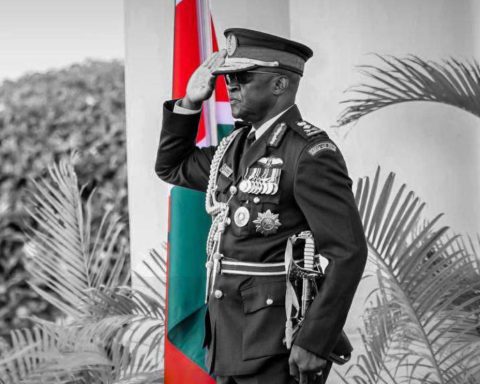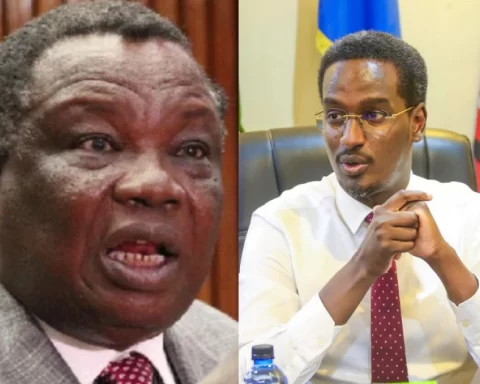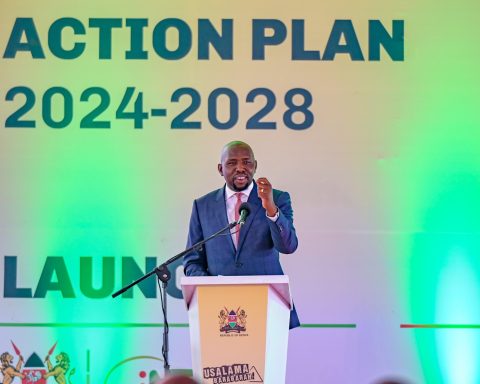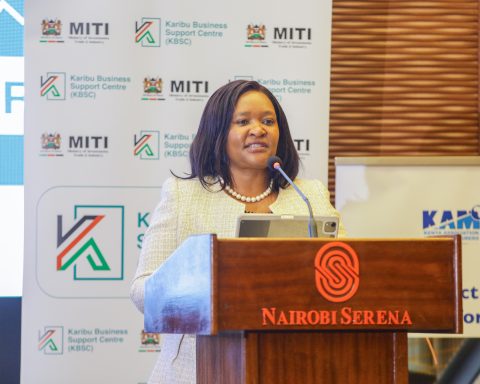Benjamin Disraeli, former Great Britain Prime Minister (1804-1881) told the Brits power only had one duty and it was to secure the social welfare of the people. With barely a month to the elections, an evaluation of Azimio-One Kenya coalition flagbearer Hon Raila Odinga’s Social Protection Plan shows it could be Kenya’s long-awaited solution to transient poverty.
Traditionally, social protection has been used by different world territories as means to uplift their vulnerable poor. Roman Emperor Trajan for example, did not only have a program for free grain to poor citizens but also special public funds to support poor families within his empire.
Nonetheless, it was in the late 19th and 20th centuries that organized welfare became common and countries like Germany as well as Britain established their welfare systems to target the working masses. The U.S would follow years later while reeling under the pressure of the Great Depression and had to give an emergency relief fund to its citizens who were worst hit.
At the end of its first term in 2017, the Jubilee administration had lost hundreds of billions of shillings to scandals and mega-corruption. The Kenyan economy was nearing a collapse and when COVID-19 struck towards the end of 2019, people went out of business, livelihoods were lost and millions of Kenyan families thrown into ravishing poverty.
However, Raila Odinga’s Social Protection program offers a new glimmer of hope, considering it is designed by the Azimio flagbearer to lift the beneficiaries out of poverty, rather than exclusively provide passive protection. Unlike assumed by his detractors, this is not a handout. It is an initiative to augment Kenya’s economic and social growth by the next regime.
Read: Odinga widens lead in latest poll with a 51% approval rating
Packaged under Baba Care, the plan focuses on social protection and transformation as well as upscaling the (UHC) Universal Health Coverage to Universal Health Care.
On social transformation, Mr. Odinga commits to welfare and protection of the Kenyan youth agenda and their inclusivity in building the economy, expanding accessibility to funds for people living with disabilities, and improving water and sanitation facilities among others.

On the other hand, the Universal Healthcare, the Azimio coalition commits to establishing an Emergency Medical Services Fund for emergency treatment; building the capacity of county governments to provide quality universal healthcare; increasing investment in health as well as healthcare services; integrating plus giving greater recognition to community health workers by promoting local production of drugs, equipment, and other related healthcare inputs.
The other pillar of the program is the Inua Jamii, Pesa Mfukoni program which intends to deliver Ksh6, 000 per month to two million of the country’s most needy families. It is a foundation for a new transformational value chain that will trigger massive economic activity at the base as well as create thousands of localized small-scale businesses and enterprises across Kenya.
Read: Raila must sign a “Public Thieves Charter” to finance the Social Protection Program

This will lead to the creation of millions of jobs and the eventual development of a thriving middle class. The resulting middle class and SMEs will be a robust market for larger, more national corporations. This plan targets 2 million poorest households.
Using the national household average size of 3.9 people, 7.8 million people will be beneficiaries, or nearly 26% of our population. Or simply put, one out of every four Kenyans. A total of Ksh 12 billion will be spent monthly on this stimulus program. This translates to Ksh 144 billion per year, aside from other operational costs.
Mr. Odinga intends to finance this ambitious project by cutting down budgets of other ministries and escalating the war on corruption to ensure public funds are only used to serve public needs. Each year, Kenya loses at least KSh 800 billion to corruption, and getting Ksh 114 billion of that annually is not far-fetched.


